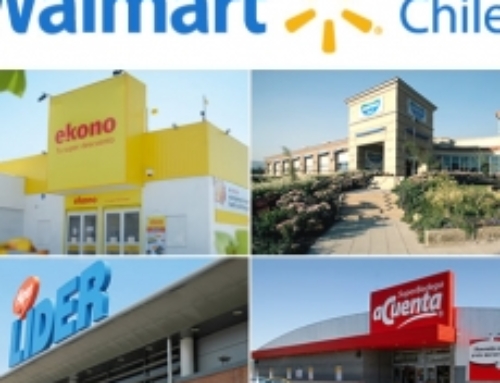In times when markets are getting out of recessions or there is a bad performance of the stock markets, there will be an increase in the companies announcing of stock buy-back. This commonly happens when they have extra cash -not always- and must decide how to invest it, one way is to purchase and retire some of its outstanding shares, the effects are various but the most important for the shareholders is that after the share buy-back, they will own a bigger portion of the company, and therefore a bigger portion of its cash flow and earnings (McClure, 2010).
Buying back stock allows companies to pass on extra cash to shareholders without raising the dividend and that means to increase the Earning Per Share (EPS), that often alert investors that stock is undervalued or has the potential for increasing in value. The most common result is an increase in demand and an upward movement in the price of the stock (Rightline, n.d.), that could be important for the taxes incomes because shareholders sometimes can defer capital gains compared to the tax they have to pay for the dividend earnings.
Sounds good for shareholders and investors, but there is another point of view, if the company is using the cash to buy their own shares, we can make the questions: They can´t get better returns like expanding operations into new markets, generating new products, pay for new acquisitions or investing in the brand, instead of investing in themselves?
We can have many answers; buy one reasons is related with the Managers and their benefits,” the big bonuses that CEOS get are often linked to share price gains and increased earnings per share, so they have an incentive to pursue buybacks even when there are better ways to spend the cash or when the shares are overvalued” (McClure, 2010) or some manager have stock options, that don’t benefit immediately from dividends as their options don´t qualify for dividend payments.
The extreme case is to buy-back shares with debts, that could sound efficient because interest of debts are tax deductibles unlike dividends, the problem is that can affect the financial rates and something obvious, has to be repaid some time. Maybe in could be reasonable in case of protection against unfriendly takeovers from other companies.
In conclusion, in some cases stock buy-backs could be a great business for stockholders because maximizes the benefits in the use of cash and distribution of dividends. However, is important to watch if this action isn´t covering weak company ratios or personal benefits.
Sources:
McClure, Ben (2010, 3). 6 Bad Stock Buyback Scenarios. Investopedia. Retrieved on December 2, 2011 from http://www.investopedia.com/articles/stocks/10/share-buybacks.asp#axzz1fJxSVmtB
Tyler (n.d.) Stock Buybacks: Who Benefits The Most? Dividend Money. Retrieved on December 2, 2011 from http://dividendmoney.com
Rightline (n.d.). Stock Buybacks. Retrieved on December 2, 2011 from http://www.rightline.net
Little, Ken (2010). Are Stock Buybacks a Good Deal? About.com. Retrieved on December 2, 2011 from http://stocks.about.com






Leave A Comment